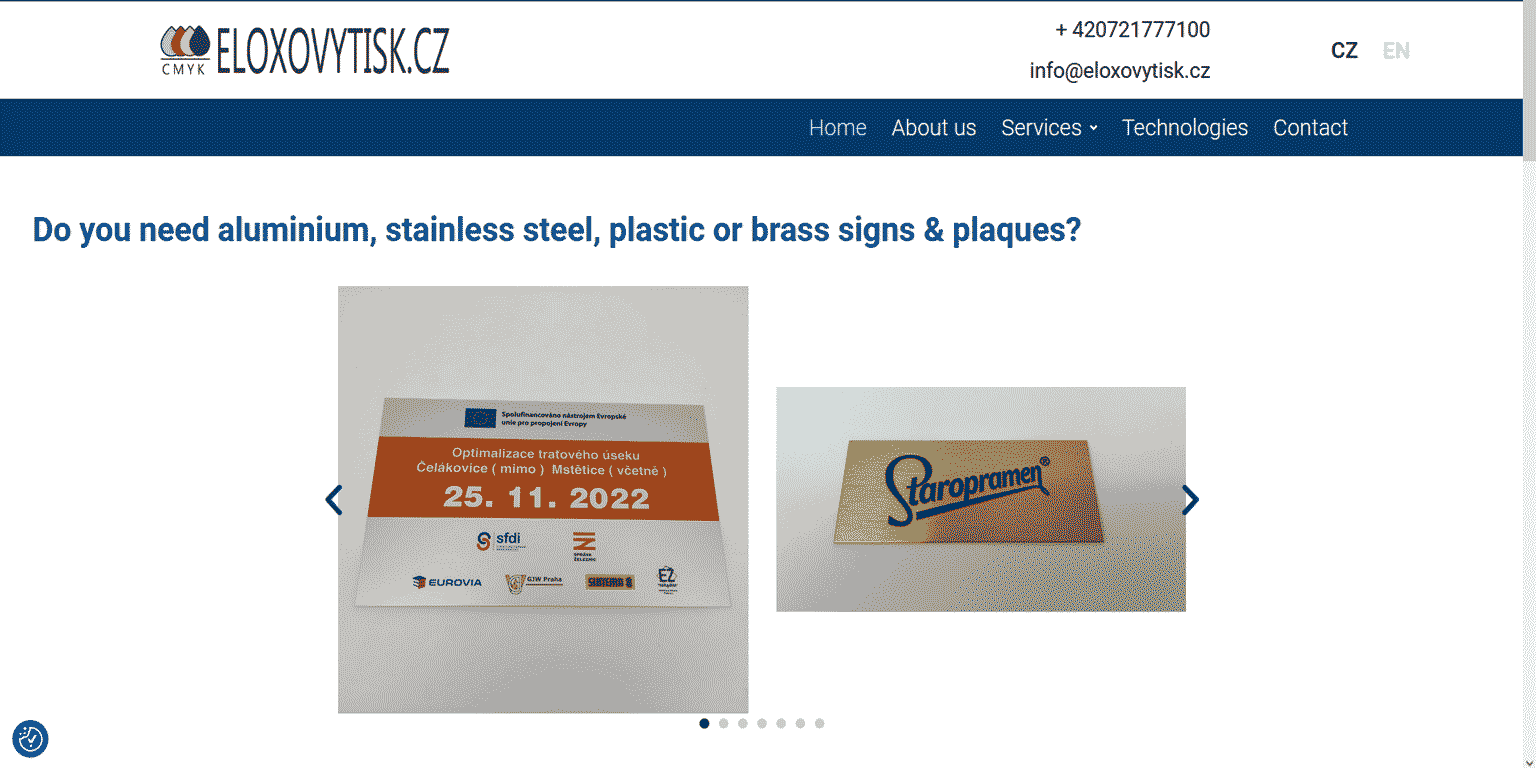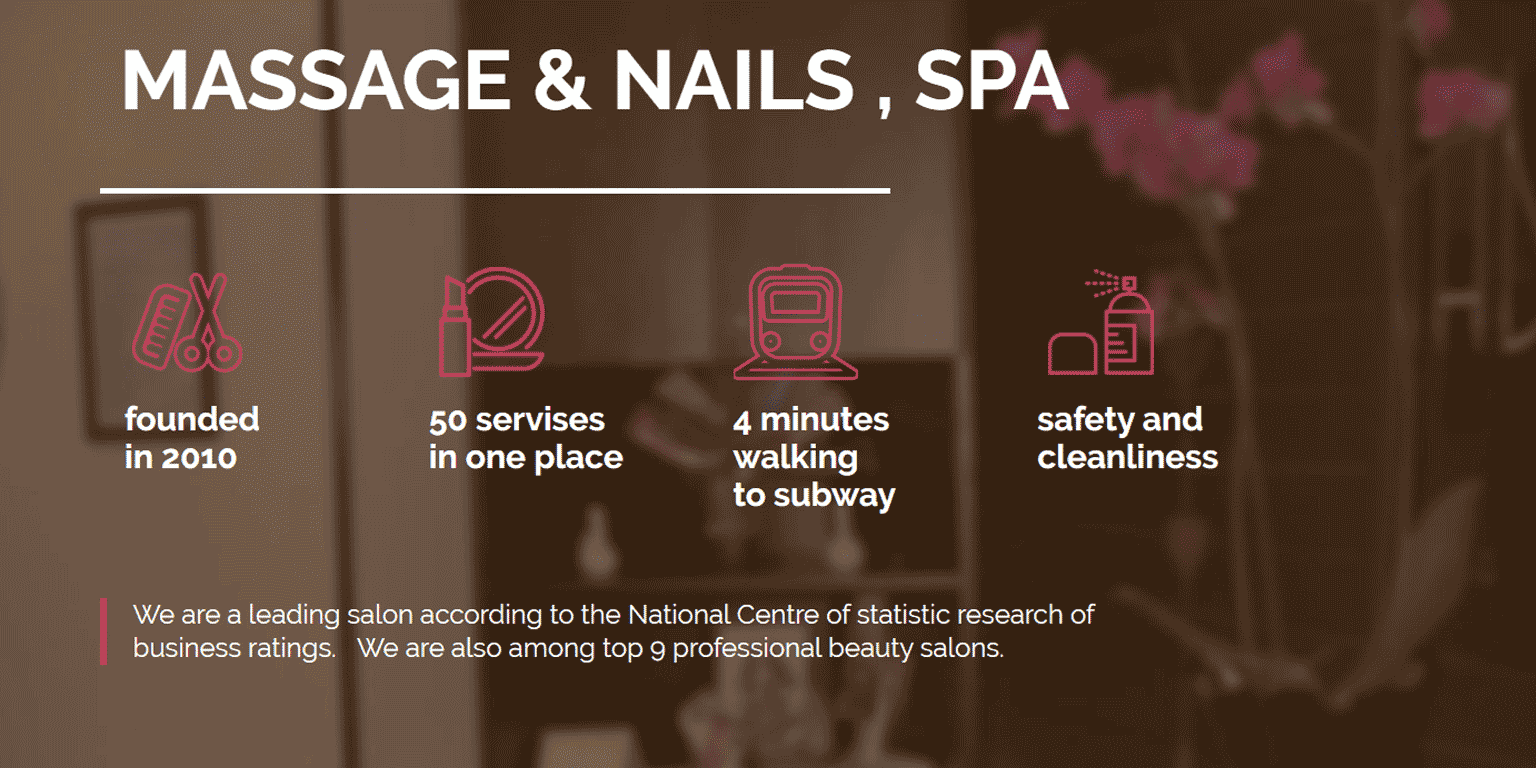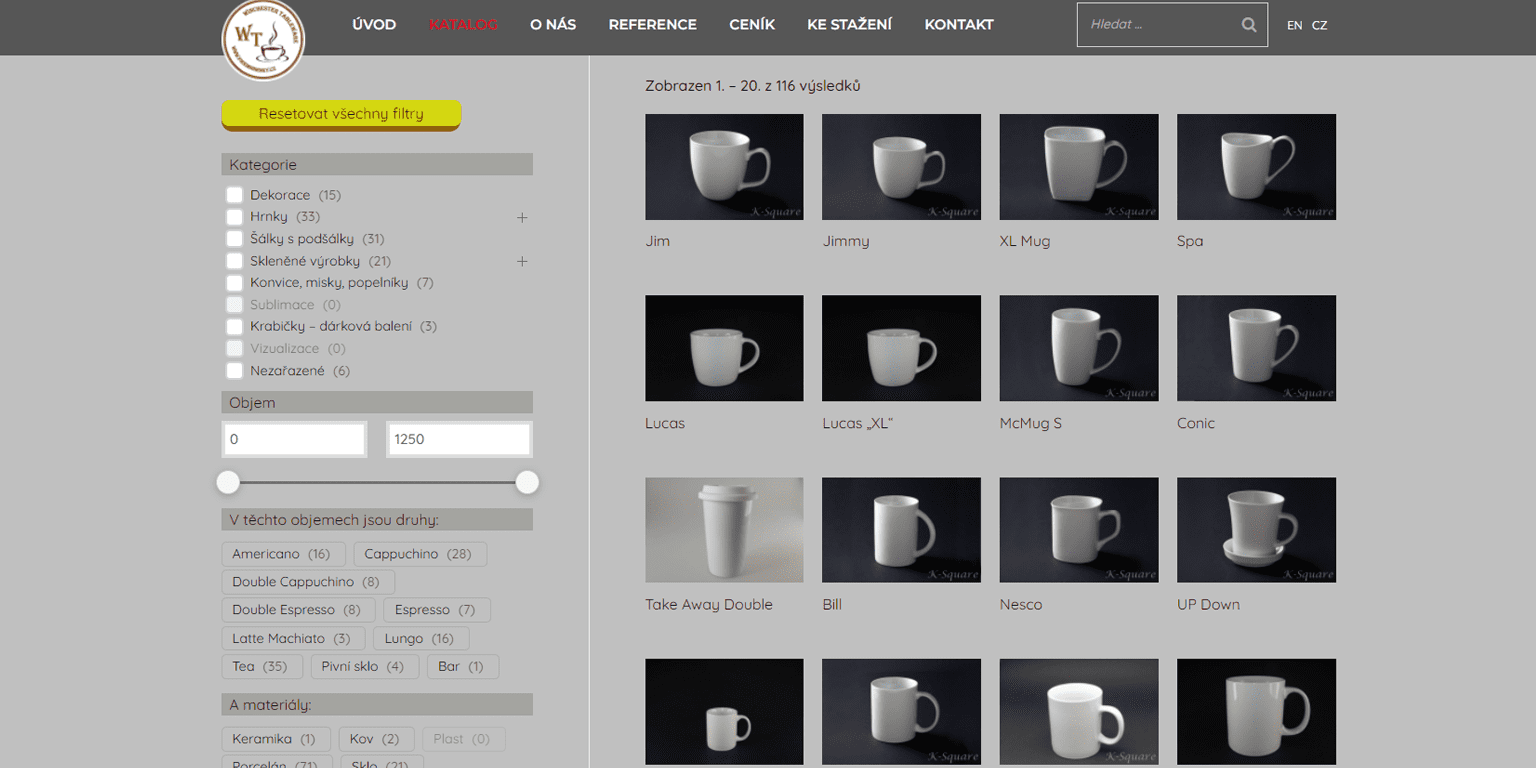SSL certificate
What is an SSL certificate and why do I need one?
An SSL certificate (Secure Sockets Layer certificate) is a digital certificate that provides a secure connection between a website and the user, or more specifically, the user’s browser. There are several organizations that connect a website to their service – this is called issuing an SSL certificate for the website. This service encrypts the data that is transferred from the user’s browser to the website and vice versa. This ensures privacy and security when transferring important information such as passwords, credit card details, email addresses and other personal data. If a closed padlock icon is displayed at the beginning of the address bar of the website browser, an SSL certificate is connected to this website.
How does it work?
Protect your data
SSL certificate allows you to protect data transmission from unauthorized access and interception. Information transmitted through a secure SSL connection is reliably protected from interception and hacking.
SSL certificates work with the help of cryptographic keys that allow encrypting data on the user side and decrypting it on the website side.
A cryptographic key is the secret information used to protect sensitive information in cryptographic systems. Cryptographic systems are based on the idea of encrypting data, that is, turning plain text into an encodable form that cannot be understood without knowledge of a special key.
A cryptographic key can be secret (then only the owner knows it) or public (then all Internet users know it). Question – why a public key?
A cryptographic key can be secret (then only the owner knows it) or public (then all Internet users know it).
Question – why do I need a public key?
The point is that symmetric cryptography can be used, in which the same key – the secret key – is used for encryption and decryption of messages. Or you can use asymmetric cryptography, in which case you need two keys: a public key and a private key. The public key is open to all users and is used to encrypt messages, while the secret (also called private) key is kept only by the owner of the key and is used for decryption.
Cryptographic keys can be generated using special algorithms that provide a high level of randomness. Physical devices, such as a token or smart card, can also be used to store the key with the owner.
Without a corresponding encryption key, the information sent by the sender cannot be read by attackers, even if they manage to intercept the message.
When a user opens a website with an SSL certificate, the user’s browser receives the website’s public key. The browser uses this key to encrypt any data sent to the website. The website then decrypts this information using a secret key (a public key pair). Since this secret key is only available on the website, it cannot be read when the information is intercepted: the user’s data is safe!
How to get an SSL certificate?
It is quite easy to obtain an SSL certificate
You can get an SSL certificate through organizations that specialize in issuing certificates, such as Comodo, Symantec, GoDaddy, and others. To obtain an SSL certificate, you need to go through a certain procedure. At the same time, you need to confirm that you are a real person, as well as prove that you are the owner of the website domain. That is, the owner of the site will have to provide copies of documents about yourself and the company. This procedure gives a high probability that such a site can be trusted.
What does getting an SSL certificate do?
Should you get an SSL certificate
As mentioned above, an SSL certificate protects your important data, i.e. security. In addition, most Internet users pay attention to the presence of such a certificate. Unless they are looking for something special, they are not likely to stay on an unprotected site, much less register on it and, one hundred percent, will not buy anything. Most search engines (e.g. Google) also pay attention to the SSL certificate, which is reflected in the search results.













